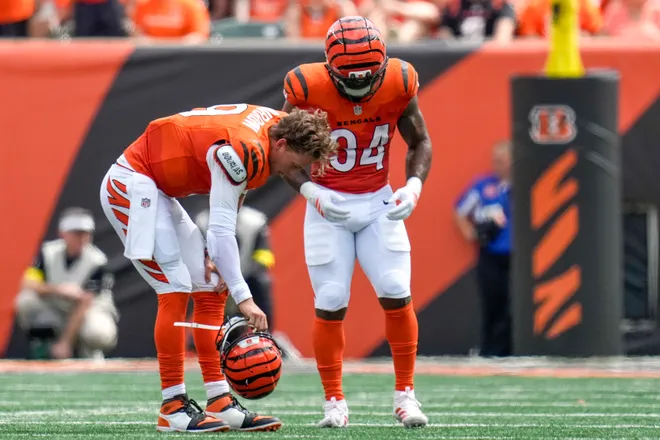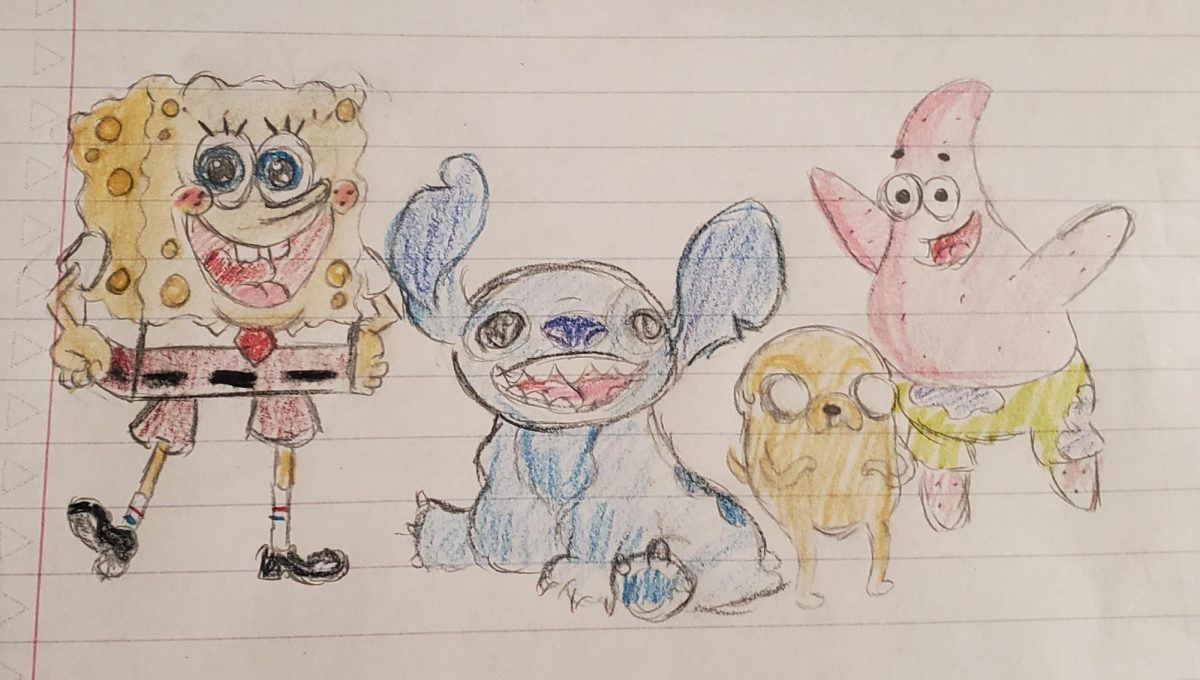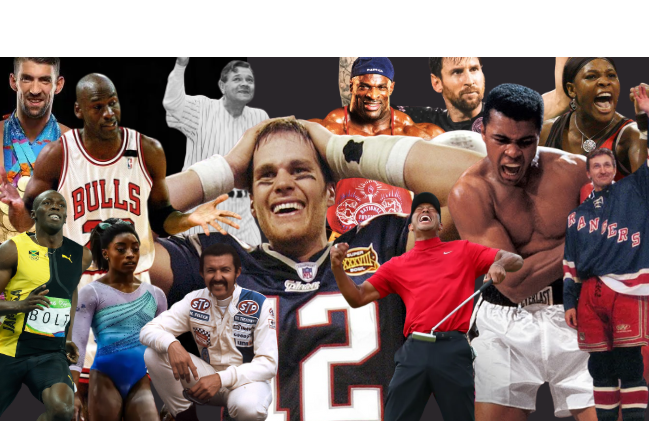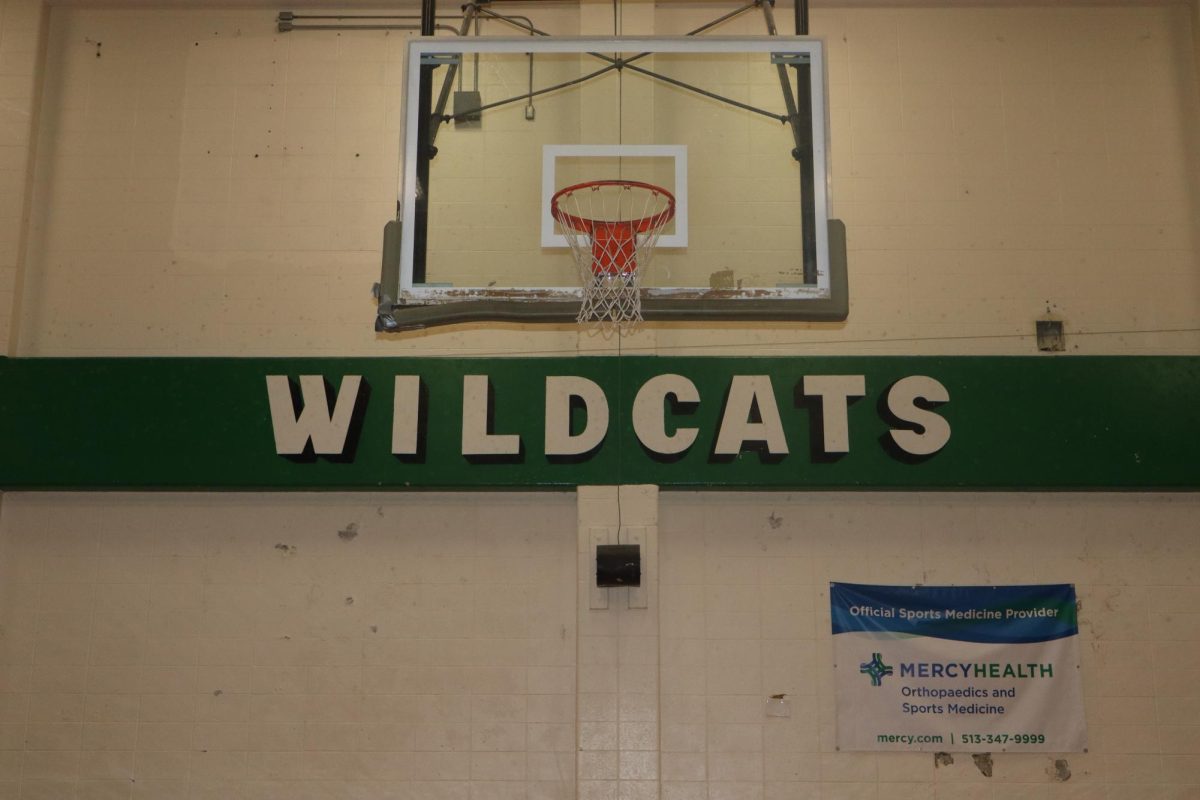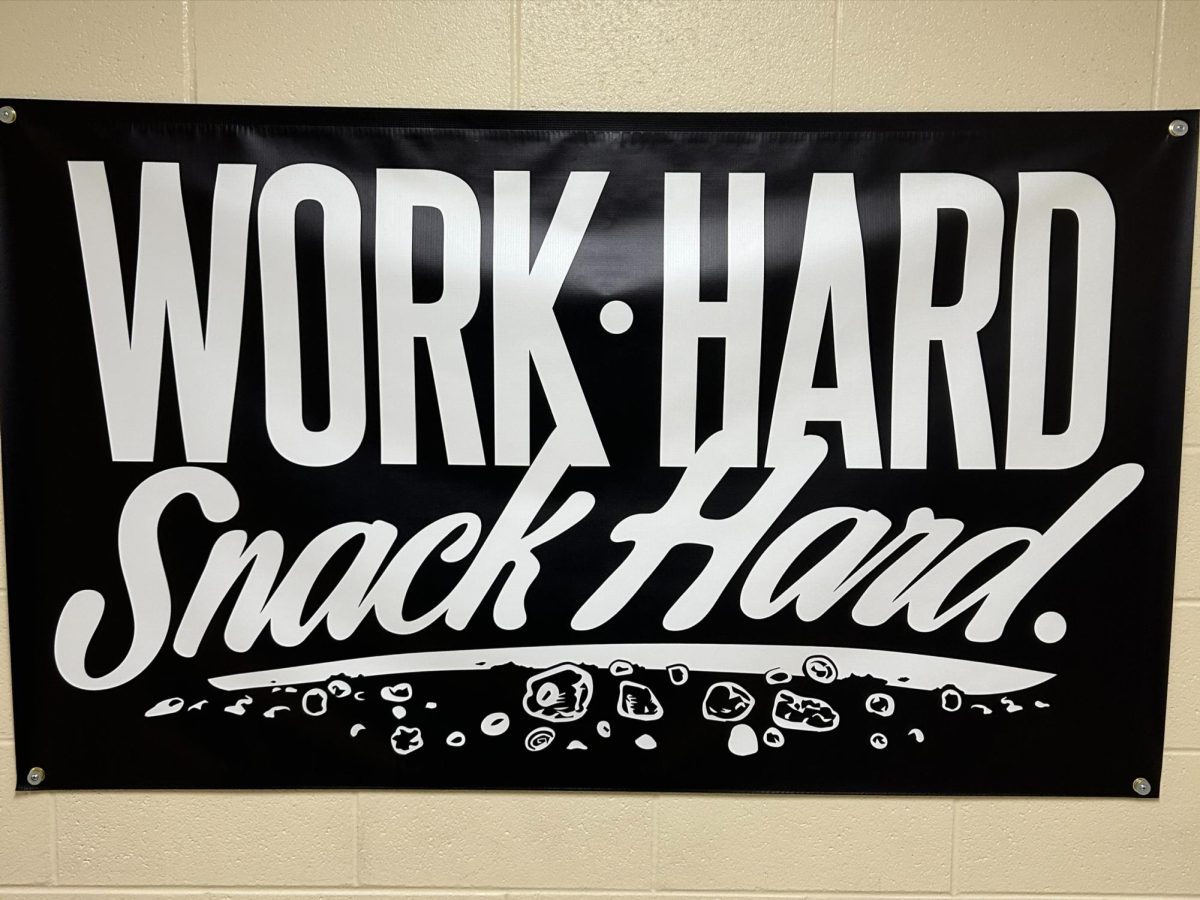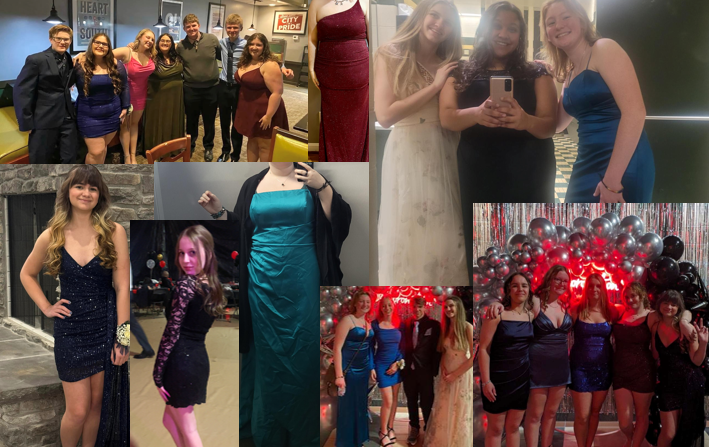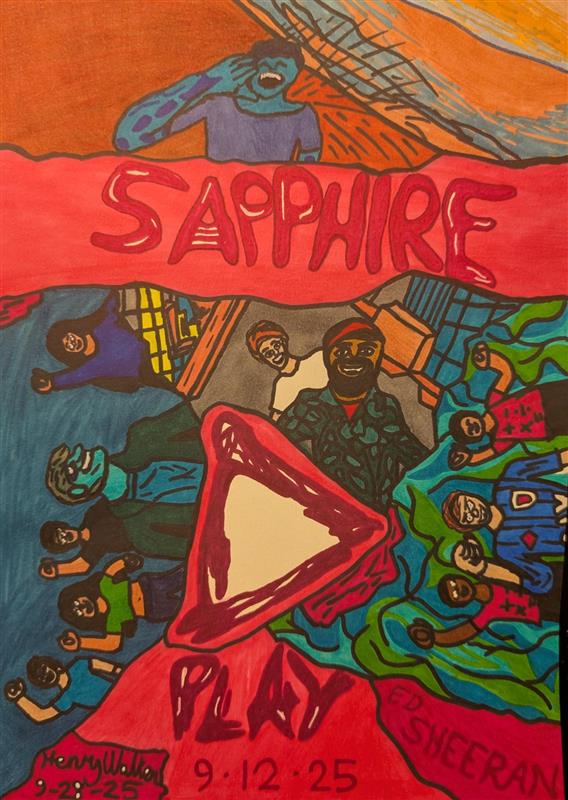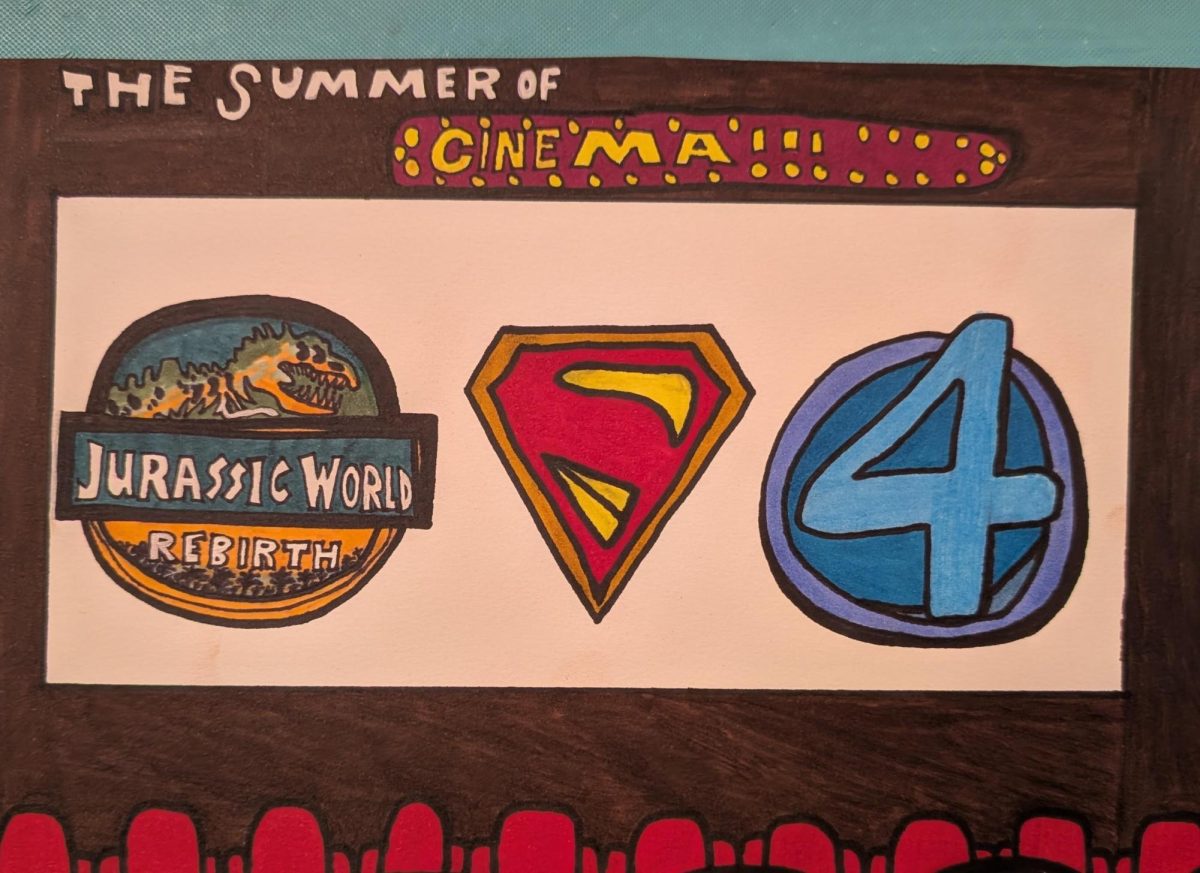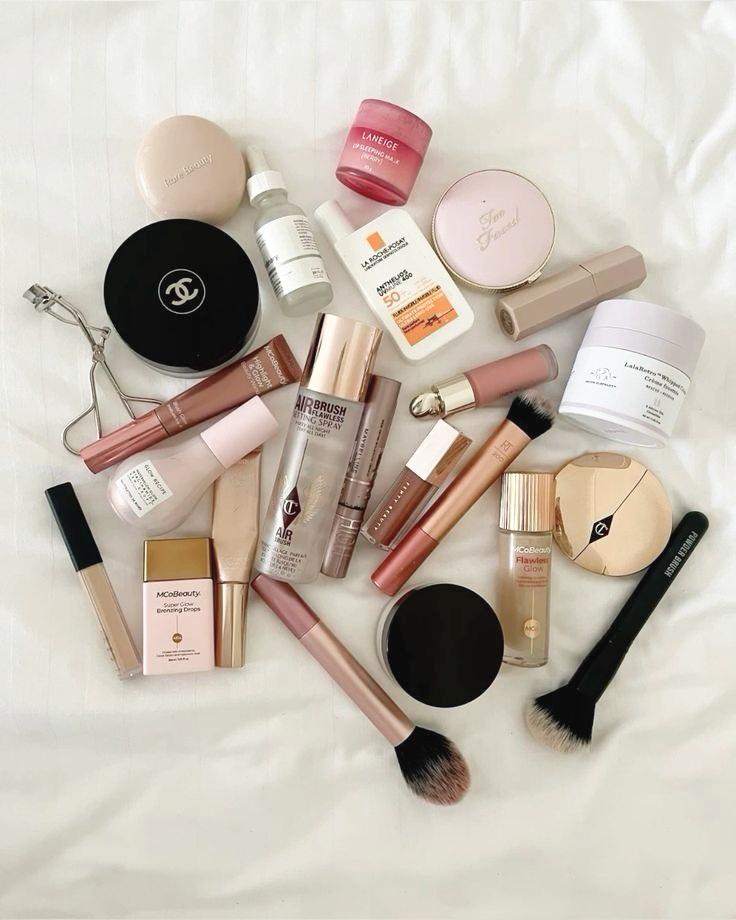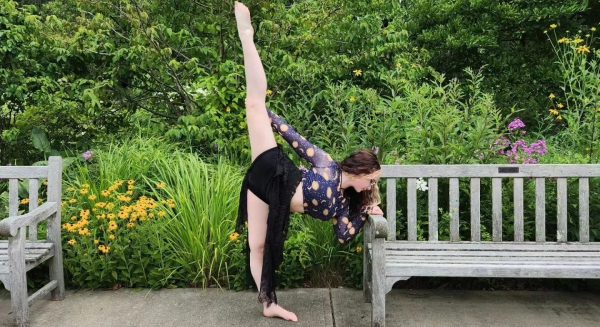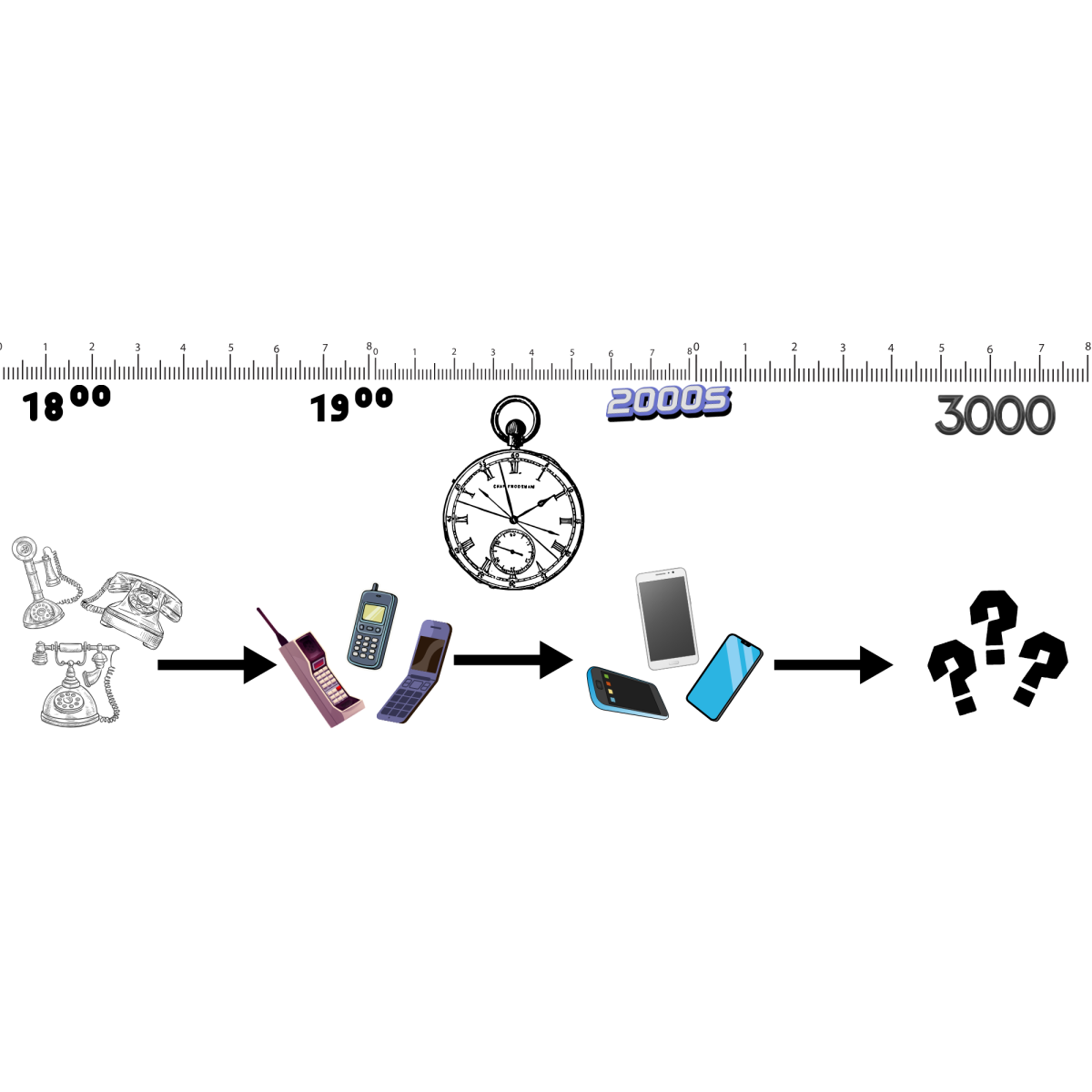Is beauty really skin deep? To most teenage girls nowadays, it’s more about how pretty you can make yourself appear, instead of how you can portray yourself. The makeup industry makes millions, helping women hide their insecurities while convincing them they have something they need to be insecure about.
Makeup has been around for thousands of years dating as far back as 6000 BCE, when it was used by Egyptians to look their best. Back then it was seen as close to godliness as people could get, but today it is used and viewed very differently. For some it is just a form of self-expression, but for others it is a necessity to be a confident version of themselves, and plenty of businesses have exploited that for personal gain.
Elf, Nars, Maybelline, MAC, and other makeup brands like these use advertising and social media to promote their brand to a younger audience. They do this because they are more susceptible to outside influence on what they should wear and look like. Beauty standards have always been around and affect all types of people, and these standards change so often that it becomes hard to keep up. This constant need for validation from a vague and rapidly changing ideal can take a toll on a person, especially a high school student. So teens often follow the crowd, trying to fit in to make their time in high school easier, succumbing to the beauty standards set by society.
After surveying students from Harrison, it has become evident that the main reason women use makeup is to improve their own imperfections, and to be viewed as pretty by others. After asking a student why she wears makeup, she shared, “I feel like no one actually likes me, so I have to look pretty for people to like me.” This is unfortunately true for a lot of teenage women in society nowadays. Another survey question showed participants a picture of two women: one with make-up, and the other without. 71% of survey respondents preferred the women with the make-up, as opposed to the one without. This shows that most people believe that make-up is what makes someone beautiful.
Standards for women’s beauty have been reinforced by society and used as a way to determine their worth not only in relationships but also in the workplace. Think about the women you see on the news: they are wearing nice clothes, heels, and of course makeup. You don’t think too much about this because you are so used to it, but these women get up at unreasonable hours and are expected to look a certain way to be considered “presentable.” Yes they are on TV, and yes you would want to look your best in front of millions of people, but who says that means that looking your best is you with makeup on?
But beauty can be a two-edged sword. While society tells women they have to be pretty to taken seriously, there is a harmful sweet spot going on. If women are too pretty, stereotypes tell others that they must not be smart. The idea behind dumb blonde jokes is also what provides a lot of the humor in a movies or play like Legally Blonde. University of Chicago professor Jaclyn Wong discusses this idea in her book: “Once women get into managerial positions, positions of leadership, positions of power, beauty becomes a liability because our stereotypes around beauty are that they’re incompatible with capability.” So women have an almost impossible task–be pretty, but just pretty enough.
The studies that have been done on this topic prove that for a woman to be taken seriously she has to look a certain way, and this has been ingrained into children all over the world. As high schoolers go off and find jobs and look into colleges they become a part of that world too, slowly finding out that there are expectations for them to look a certain way in order to be successful. And for better (or probably worse), they give in to beauty standards regardless of what they would really like to look like.


